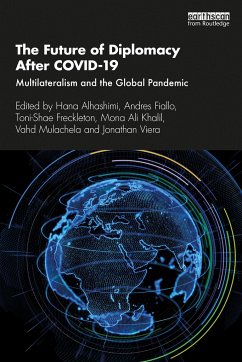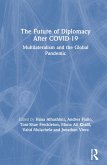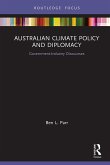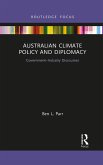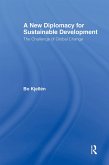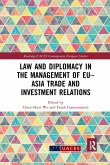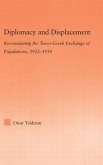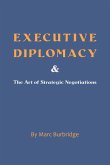This book considers the impact of the COVID-19 pandemic on international diplomacy, and the challenges and opportunities it presents for the future of multilateralism. Global cooperation and solidarity are central to responding to and mitigating the health and socio-economic effects of the COVID-19 pandemic, yet, to many, this was slow to mobilize and lacking in political leadership. This book takes a practical look at the lessons learned from the period spanning the World Health Organization's first declaration of a public health emergency of international concern in January 2020, to the commemoration of the 75th Anniversary of the United Nations in October 2020. This timespan covers a critical period in which to consider key areas of diplomacy, covering a range of tools of global cooperation: multilateral diplomacy, the rule of law, sustainable development, economics and financing, digital governance, and peace and security. Each chapter in this book introduces readers to the current situation in their respective areas, followed by a constructive consideration of lessons learned from the pandemic's impact on that field, and key recommendations for the future. The practical focus and future orientation is particularly important as the book injects pragmatism and guidance that will facilitate 'building back better' in COVID response plans, while creating space for continued focus on global commitments around sustainable development and the future of the UN. Written by a team of authors who have worked directly in International Public Policy and the establishment of global agendas at the United Nations, this book will be essential reading for professionals and policymakers involved in diplomatic roles, as well as students and scholars interested in the future of international relations, global governance and sustainable development.
Hinweis: Dieser Artikel kann nur an eine deutsche Lieferadresse ausgeliefert werden.
Hinweis: Dieser Artikel kann nur an eine deutsche Lieferadresse ausgeliefert werden.

